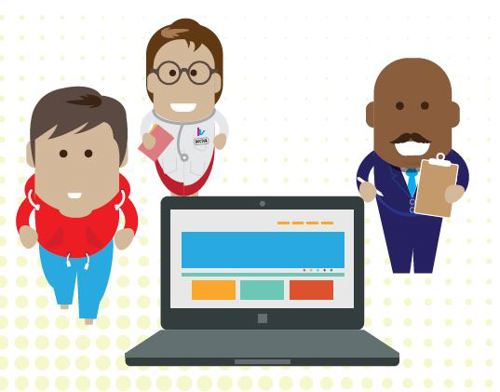If your parent/carer provides care or support to you and you are 18 or over, they can have a carer’s assessment. Sheffield Carer’s Centre do this. It gives them an opportunity to discuss the support your parent/carer might need to help care for you.
The assessment looks at how caring affects your parent/carers life. They look at the physical, emotional and practical impacts. They see whether your parent/carers are able or willing to continue caring for you.

A carer’s assessment is not about assessing how well they are caring for you. It is about supporting them as a carer and the impact their caring role has on them.
It does not include direct support for a young person for things like a short break, respite or daytime activities. These can only be accessed through a Care and Support (Care Act) assessment.
A carer's assessment is completely separate from your support needs. It doesn't take into account if your needs have been assessed or if you receive any formal support.


